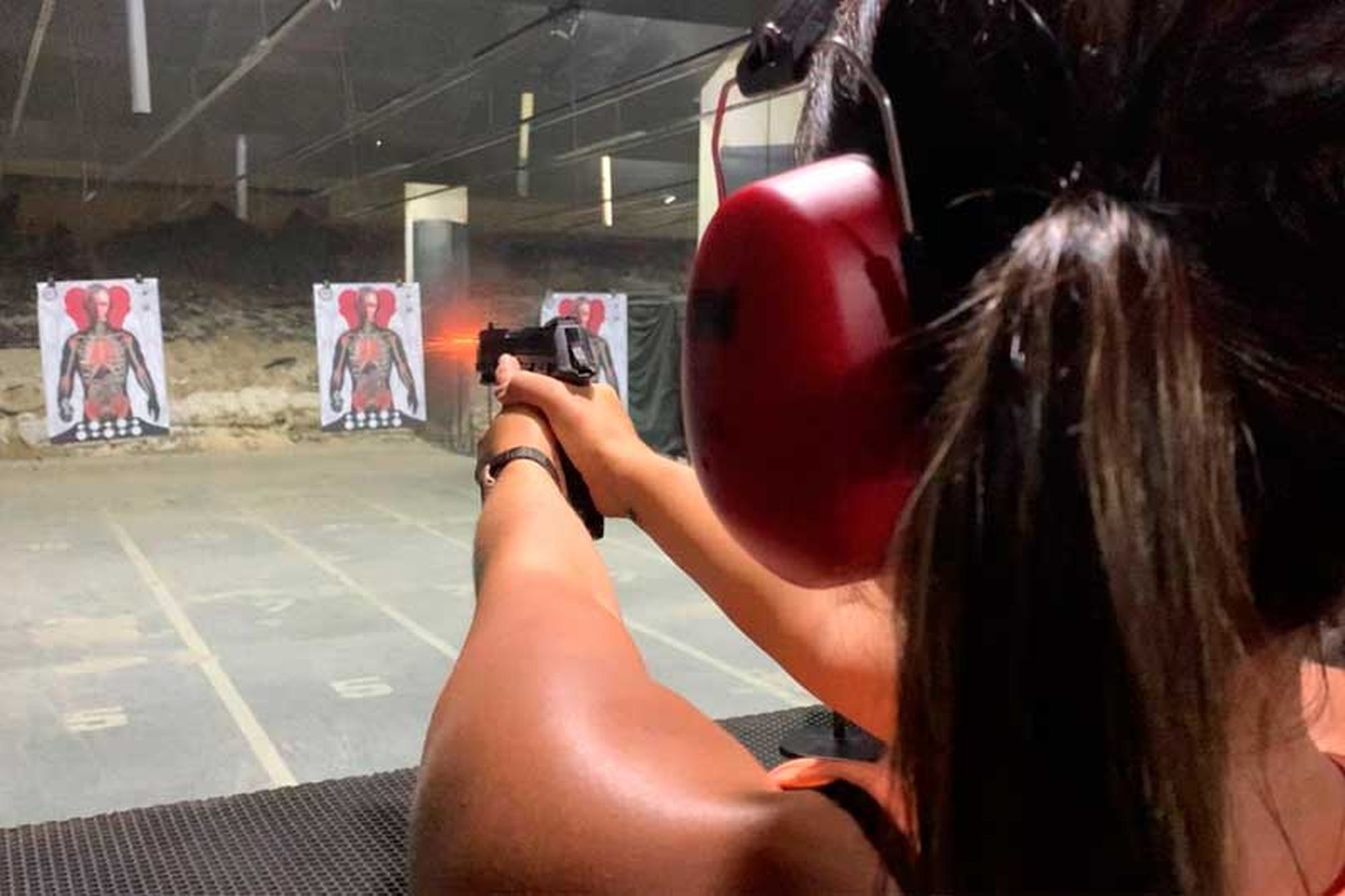Perhaps symbolically typified by the January 8th violence in Brasília, the transition of power from Bolsonaro to Lula will significantly address the agenda of gun policy for the Brazilian nation.
Though violence has been endemic to Brazil since its foundation, gun control policy has evolved significantly over the past couple of decades. During his tenure, Bolsonaro’s position was clear. Echoing the fundamentalism of Trump, the former Brazilian president sought to loosen and expand access to firearms, asserting that guns save lives.
Under Bolsonaro, gun laws relaxed, and access to firearms burgeoned. Brazilian CAC (collectors, shooters and hunters) registration shot up in 2019 about 500% from the previous year, with 700,000 confirmed accredited, and an estimated one million guns in the hands of the populace.
And the 2022 congressional “Bullet Caucus” and PROARMAS lobby have come to embody the emergence and presence of US reactionary-style policy in the Brazilian polity, with the gun lobby maintaining a considerable influence on the federal government to this day.
Under Bolsonaro, several political and societal implications related to gun ownership and policy have been made manifest. With Brazil registering over 60,000 deaths per year and 39,000 firearm related deaths per year largely due to drug trafficking and organized crime, no formal policed citizen protection plan exists to prevent criminal offense and the consequences of gang violence in cities such as Rio and Salvador.
While over the past couple of years, conflict between the First Capital Command and Red Command gangs in the favelas has attenuated, the nation still confronts serious challenges in respect to gun policy and proliferation. Guns contribute directly to homicides, suicides, and police shootings, as Brazil maintains the second largest gun industry in the hemisphere, after the United States.
While the US dubiously boasts a more developed gun culture than Brazil’s, with more than 48 persons per gun, the legally purchased firearm tally shot up to 1.2 million in 2021 under Bolsonaro. Brazil ranked 11th in the world for illegal markets for drug trafficking and violent firearm deaths, with the nation positioned at 87th in resilience to crime according to a Globalized Crime Index in 2021.
In Brazil, a permit is required to possess a firearm. Applicants must pass a criminal background check and a mental health evaluation, and present evidence of weapons training. Permits are valid for five years, particularly authorized for law enforcement, and while citizens may not carry firearms outside of their homes, CACs are permitted to carry loaded weapons in public. Generally, regulations for CACs are less stringent.
Societally, and tragically, black Brazilians are the primary victims of gun violence. According to an Atlas da Violência study, men of color are 2.6 times more likely to be killed than white people, comprising over 77% of homicides. And under Bolsonaro, violence against women, LGBT and indigenous populations, and human rights defenders increased significantly.
But perhaps the crux of the matter in Brazil, and the consequent implications for legislative policy making, is the question of the relationship between gun ownership, gun death, and crime in general. The debate is certainly worthy.
Broached by many scholars and pundits in both Brazil and abroad, there appears to be no direct correlation between gun ownership and criminality. In fact, the boom in gun ownership under Bolsonaro witnessed a decline in crime, with the homicide rate decreasing by 34% during his tenure.
Though possibly due to the pandemic and lockdowns, and the diminution of conflict of rival gangs, the fact remains, counterintuitively, that there is no connection between gun ownership and the homicide rate in Brazil. What is of more relevance is the way in which Brazil’s government must implement legal reform to curb crime, manifesting fundamental social and economic disparities that have characterized the nation since its inception.
The government has tried to address such issues contemporarily, with police training and community outreach, and by strengthening firearm registration through the SINARM (Sistema Nacional de Armas), to keep guns out of the hands of militias and death squads.
Ultimately, gun policy in Brazil is a reflection of fundamental, deeper realities of violence and inequality, revealed by the current national polarization, witnessed during the 2022 election between Lula and Bolsonaro, and crystallized in the January 8th attacks in Brasília.
With high rates of femicide linked to gun use, the issue of elite privilege in safer neighborhoods, and class disparity, historical norms are basic and visceral, confirming that economic reform, not gun regulation per se, is at the heart of solving problems.
Based on the precedent of restricting gun ownership during his first term as president, particularly with the Disarmament Statute of 2003, Lula will try to reverse the legacy of his predecessor. Attempts to reduce CAC gun access, prohibit sports shooting for those under 18, and prevent the carrying of loaded guns are all on the docket for the coming year.
As he tries to unite the country, Lula will face obstacles of Bolsonaro’s legacy of radicalization which has translated into social and political polarization currently galvanizing the country, tapping into Brazil’s historical realities of inequality and violence. Gun control reform will just be the beginning of the healing process.
Peter Sufrin holds a Master’s Degree in History from Boston University, a Master’s Degree in Diplomacy and International Relations from Seton Hall University, and a Master’s Degree in Portuguese from the University of Massachusetts/Dartmouth. He is an Associate Member of the Inter-American Dialogue in Washington, D.C. and contributes regularly to the Dialogue’s Latin America Advisor, the Brazilian Report, American Diplomacy, The Georgetown Journal of International Affairs, and to Brazzil.






